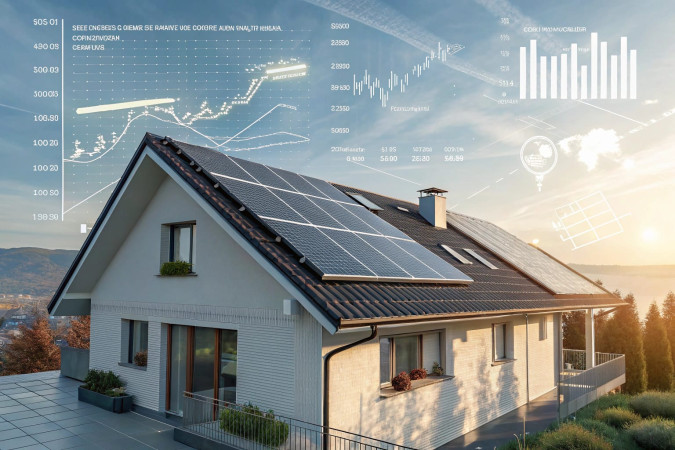
Follow India Renewable Energy News on WhatsApp for exclusive updates on clean energy news and insights
High Renewable Curtailment Threatens Ireland’s 2030 Emissions Targets
Mar 18, 2025
Preliminary data from EirGrid, Ireland’s transmission system operator (TSO), reveals that 25.5% of Northern Ireland’s renewable energy generation was curtailed or constrained in 2024. Wind was the primary contributor, but solar curtailment doubled from 7.9% in 2023 to 16.9% in 2024, with 15.6% of this due to transmission constraints.
In the Republic of Ireland, the solar dispatch down rate stood at 5.3%, with only 1% attributed to transmission constraints and the rest due to curtailment. Across the entire country, more than 7% of solar power was wasted in 2024, a slight improvement from 9.1% in 2023.
According to Fei Wang of Green Collective, curtailment is primarily driven by grid limitations, not by reaching the maximum share of renewables that the system can handle. Despite Ireland having one of the world’s highest System Non-Synchronous Penetration (SNSP) limits at 75%, fossil fuel generators continue to be prioritized due to their ability to maintain grid frequency.
Renewable curtailment is most common during periods of low electricity demand, such as mid-day and late-night hours, indicating an urgent need for flexible demand solutions to maximize renewable energy utilization.
Energy analyst Cornwall Insight warns that Ireland and Northern Ireland are on track to miss their 2030 power emissions targets by up to 20%, largely due to unused renewable energy and inadequate grid infrastructure. Key targets include:
- Ireland aims to cut electricity emissions by 75% by 2030, but forecasts suggest only a 50% reduction will be achieved.
- Northern Ireland is expected to reduce emissions by only 50%, falling short of its 73% reduction goal.
Experts emphasize the need for major investments in grid upgrades and energy storage to prevent further renewable energy waste and ensure both regions meet their climate commitments.